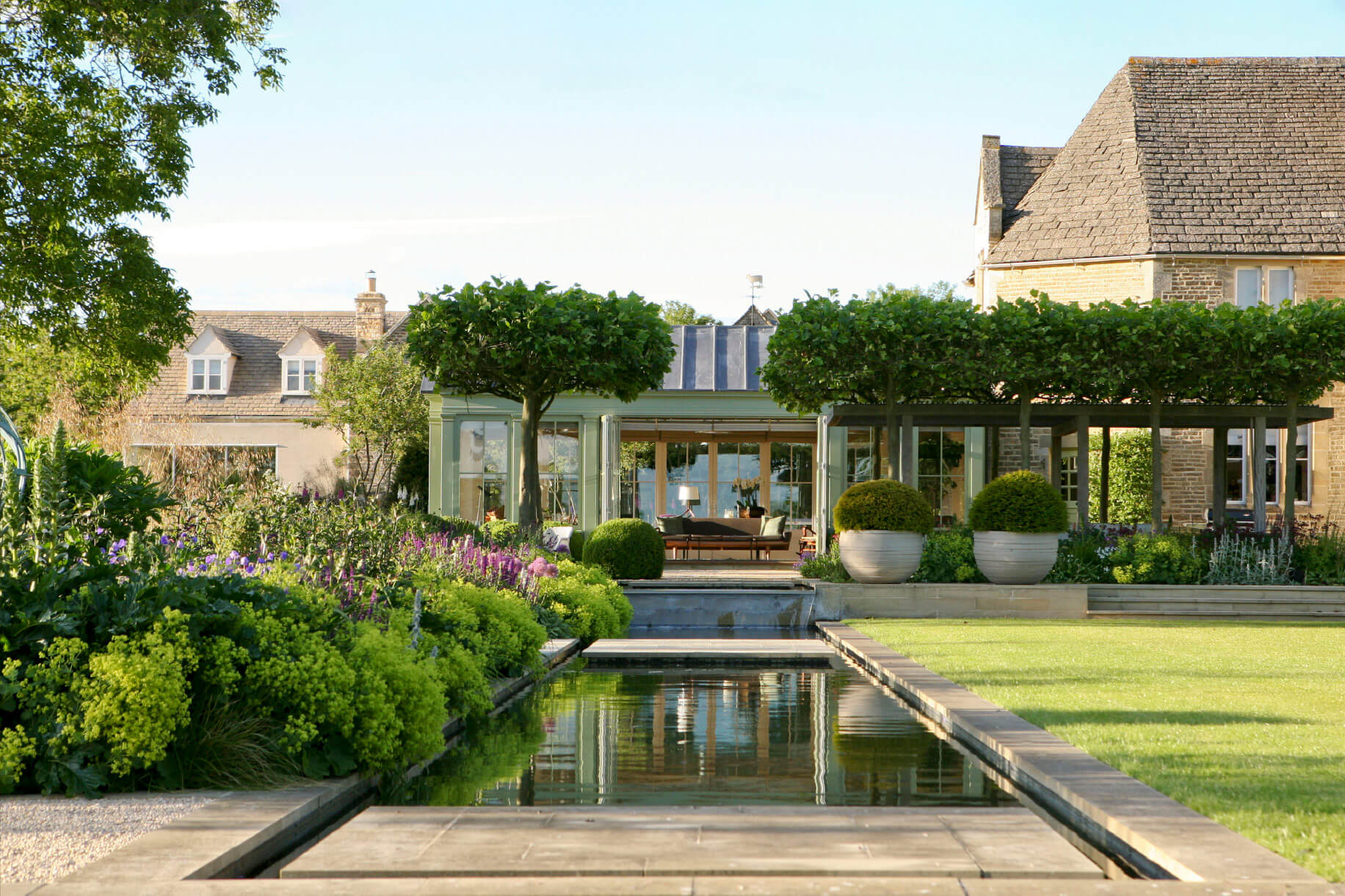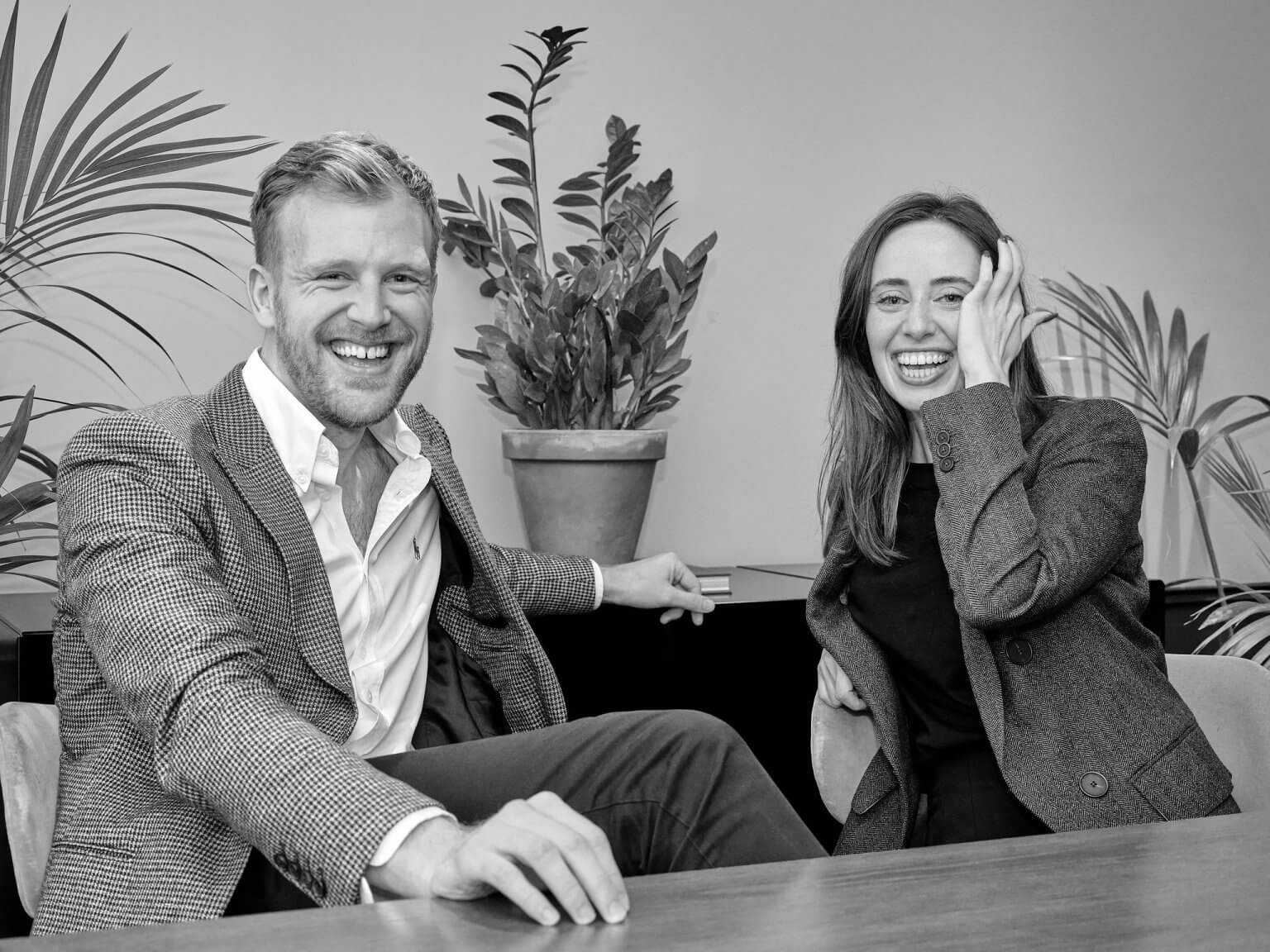Greening Your Next Property Project: Ensuring Sustainability and Eco-Friendliness
As the world becomes increasingly aware of the impact that human activities have on the environment, there has been a growing interest in sustainable and eco-friendly property development. If you’re considering embarking on a property project, whether it’s building a new home, renovating an existing one, or investing in a commercial property, it’s important to prioritise sustainability and eco-friendliness. By doing so, you not only contribute to the global effort to reduce our carbon footprint but also create a more comfortable and healthier living or working environment for yourself and others.
RedBook is committed to ensuring clients are matched with the right project team that reflects their lifestyles and interests, this includes introducing them to Partners who are experts in sustainability. From architecture, interior design, garden design and construction, there are always ways to ensure you are doing your part in ensuring you take a green approach to your next project.
To quote the RIBA “Buildings designed today should aim for RIBA 2025 targets as a minimum and 2030 targets whenever possible”. To summarise the RIBA Climate Challenge targets, by 2030 we should reduce operational energy demand by at least 60% (before offsetting), reduce embodied carbon by at least 40%, reduce potable water use by at least 40%, and achieve high levels of good health and wellbeing.
As an industry, the built environment a seriously lagging on the journey to reaching 2030 climate targets. Whether you are a designer, supplier, contractor or even client, we all have our part to play in ensuring the future of our built environment is healthy and green.

Considerations
Materials: Choosing eco-friendly materials such as recycled, reclaimed, or sustainably sourced wood, low VOC paints, and natural insulations to significantly reduce the carbon footprint of your project.
Sustainability Advisor: Using RedBook’s services to hire sustainability advisors to help guide you through the process of making environmentally conscious choices. Assist with selecting materials, implementing energy-efficient systems, and making decisions that minimise waste and pollution.
Energy efficiency and renewable energy: Incorporating energy-efficient features such as solar panels, energy-efficient appliances, and lighting to help reduce energy consumption and carbon emissions.
Landscaping: Planning a landscape design that incorporates native plants and sustainable practices such as rainwater harvesting and greywater reuse.
Waste: Implementing a waste reduction plan that includes recycling and composting can minimize the amount of waste generated during construction and reduce landfill contributions.
Water conservation: Incorporating water-saving features such as low-flow toilets and faucets, rainwater harvesting systems, and drought-tolerant landscaping will significantly reduce water consumption.
Air quality: Ensuring good indoor air quality through proper ventilation and the use of low-VOC materials can help reduce air pollution and improve health.
So what are RedBook doing?
Whether building a new house or simply decorating and furnishing an apartment, want to make clients will feel confident that the impact their project is having on the environment is being offset by RedBook. We will be responsible for planting hundreds of thousands of trees in the years to come, all-absorbing CO2 as they grow, in supervised schemes around the world. We are proud to announce that since we began our green journey and our partnership with Ecologi, we have:
Planted 20,832 trees across the world
Offset 438.28t of Co2 reduced
What’s next?
RedBook, are working with sustainable leaders to gain knowledge on how to best advise our clients and partners to ensure our projects are achieving sustainability and green goals. This is something we are building upon in 2023.
As part of our ‘getting to know client’ process, we will be introducing processes to get to know their desirable project ‘green’ outcomes and how to progress with this. Through carrying out a similar process with our partners, we hope to further the RedBook ‘match-making’ service between clients and partners so that green incentives become a prominent deciding factor during this stage.
By encouraging, educating, and engaging, RedBook aspires to lead a lot more projects that work towards the Climate Challenge targets.
Building a sustainable future is not only our responsibility but our obligation. RedBook is committed to ensuring our clients’ projects are not only carbon neutral, but also meet and exceed the RIBA Climate Challenge targets. By prioritising sustainability and eco-friendliness, we can create a better future for ourselves and the planet. – Tom Adams, CEO, RedBook
Aside from our project processes, RedBook’s next goal is to become certified as a B-Corp. This will be a great challenge for the year ahead and the team look forward to embarking on the journey to be at the forefront of green business.

